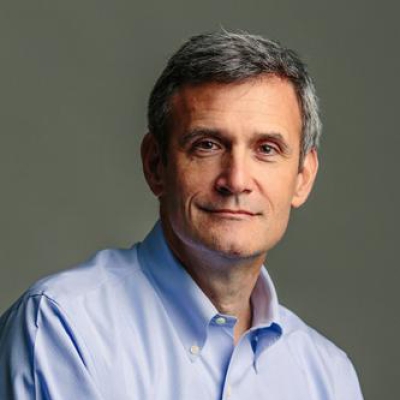Last Saturday was cold, grey, and dismal in Philadelphia. I spent the day warming my soul inside a Jesuit high school among a disparate group of teachers, researchers, academics, and school leaders at a ResearchED conference, the fourth one held in the United States. If you’re not familiar with ResearchEd—and I’d wager you’re not—allow me to introduce you. It’s the best education initiative you’ve never heard of. It’s big in England and deserves to be as big here in the colonies.
ResearchEd started five years ago almost on a lark, the brainchild of an engaging and gregarious English high school teacher named Tom Bennett. Frustrated by the relative rarity of evidence-based practice in education in the U.K., Bennett took to Twitter (he almost makes it respectable) and asked if anyone would get involved if he ran a conference on it. Enough hands went up that ResearchEd was launched—a zero capital, break-even inaugural event staffed entirely by volunteers. Five years later there have been ResearchEd events in thirteen countries with 22,000 unique attendees, according to Bennett, who says the last U.K. event drew 1,350 with half again that number on a waiting list to purchase a ticket. I’ve written previously that for the U.S. education reform movement to live up to its promise and ideals, and to move the needle for kids, it needs to evolve from a movement whose center of gravity is education policy to one with practice at its core. The aims and values researchED promotes—raising the research literacy of teachers; creating a community of educators dedicated to evidence-based practice—hits this spot-on, as they say on the other side of the pond.
Even stateside, ResearchEd has a British accent. In addition to Bennett, keynote speaker Dylan William and Daisy Christodoulou were among the day’s big draws. Efrat Furst, a Harvard-based cognitive neuroscientist spoke to a packed, standing room only classroom. ResearchEd is for those whose Twitter feed includes such names along with those of other presenters such as Pedro de Bruyckere, Tom Sherrington, and Kathy Hirsh-Pasek. The man behind the U.S. version of ResearchED is an energetic veteran Minnesota educator, Eric Kalenze, who in keeping with ResearchED’s grassroots, DIY vibe, recruited all speakers and got them to waive any fees they might normally charge, as an in-kind contribution. It’s not unusual for any of these notables who were on hand in Philly to give Ted Talks or speak at conferences in front of hundreds of educators, particularly in their home countries. At ResearchEd, they held forth in high school classrooms in front of a few dozen fellow educators then took up seats in the class for the next rotation of speakers. This gives the conference an invigorating bootstraps feel, like what it must feel like to go to a pub to see a band that’s huge in England, then hang out for a drink after their set. Likewise, I cannot recall being in many rooms with a more diverse set of interests: charter school executives and researchers; teachers from public, private, and parochial schools; school district supes and parent advocates, united more by an interest in classroom practice and an evidence-oriented mindset than their professional roles. Count me as a disciple. I had a minor role in a panel discussion on parent advocacy, but spent most of the day as an eager conferee, soaking up all that I could.
For the uninitiated ResearchEd has launched a quarterly magazine; you can sign up to receive it for free at the organization’s website. It says a lot about the initiative that University of Virginia cognitive scientist Dan Willingham was on the cover of the first issue. If Willingham’s peerless writing on the intersection of research and practice tops your professional reading, then ResearchEd is your tribe.
This year’s event was discernibly tighter, more coherent, and richer than past ResearchEd U.S. events, and there was palpable enthusiasm for more among the attendees. Bennett tells me he’s already had several offers from school leaders who attended to host next year’s conference in their schools. Here’s hoping that it becomes big in the states. It’s the movement and mindset American education needs.
